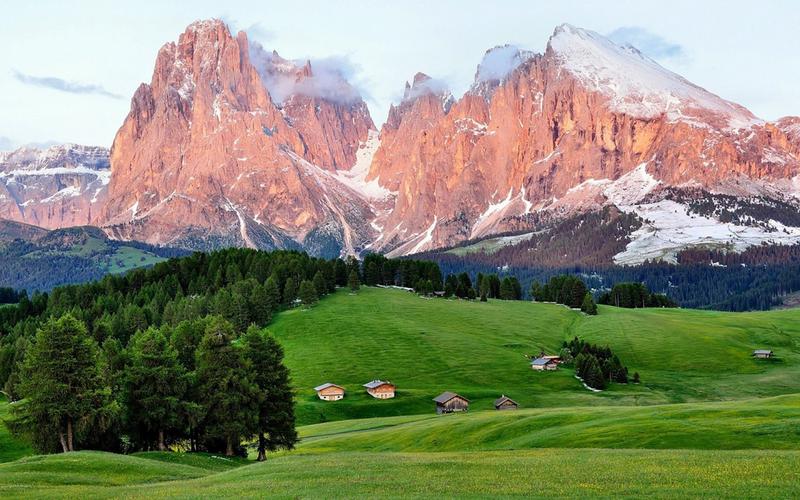Preservation and Evolution of Cultural Practices in Brazil
Brazil is a nation rich in cultural diversity, from its music and dance to its art and cuisine. The preservation and evolution of cultural practices are essential to maintain Brazil’s identity as a vibrant and unique country. In this blog post, we will explore the various ways in which Brazil has succeeded in preserving its traditional practices while simultaneously allowing room for evolution.
Preservation Through Education
It is difficult to preserve cultural practices if the next generation is not taught about them. Brazil has recognized this issue and incorporated cultural education into its school curriculums. In doing so, children learn about their country’s heritage, customs, and traditions from an early age. This not only preserves cultural practices but also allows them to evolve as children learn and adapt to new circumstances.
Preservation Through Festivals
Brazil is home to an array of festivals that celebrate cultural practices. These festivals attract tourists from all over the world and provide a platform for locals to showcase their traditions. Examples of such festivals are the Carnival in Rio de Janeiro and the São João Festival in the North-East region of Brazil. These festivals not only promote the preservation of cultural practices, but they also allow them to evolve as new ideas and inspirations are brought forward.
Preservation Through Conservation of Monuments and Buildings
Preservation of historical monuments and buildings is vital to the preservation of cultural practices. Brazil has implemented laws to protect cultural gems, such as the Pelourinho, an old town in Salvador, Bahia, that has been preserved for its architectural and cultural significance. Understanding the value of preserving such landmarks allows for the continued existence of traditional practices that are deeply rooted in the country’s history.
Evolution of Cultural Practices
In addition to preservation, cultural practices also evolve, adapting to new technologies, fashion, and trends. A perfect example of this is music. Brazil has a rich musical history that has evolved significantly over time. Samba music, for instance, originated in the late 19th century, but today, it has transformed into a more modern style, such as Funk Carioca. Brazil’s music has embraced new technologies and has been fused with foreign influences, making it more accessible to a global audience while retaining its cultural identity.
Another example of how cultural practices evolve is fashion. Brazil’s fashion industry has developed to include traditional techniques, materials, and styles. However, it has been influenced by global fashion trends, creating a fusion of traditional and contemporary designs. Brazil’s fashion industry has grown, allowing for greater exposure to Brazil’s cultural practices, ultimately propelling its evolution.
Conclusion
Brazil’s diverse cultural experiences have been preserved and evolved in various ways, including education, festivals, conservation of monuments and buildings, and the adoption of new technologies. Brazil’s unique identity as a nation has been shaped by its cultural practices, and its ability to preserve and evolve has allowed it to remain a vibrant and dynamic country. As Brazil continues to change, its cultural practices will also continue to evolve, maintaining a sense of identity, tradition, and innovation.
(Note: Do you have knowledge or insights to share? Unlock new opportunities and expand your reach by joining our authors team. Click Registration to join us and share your expertise with our readers.)
Speech tips:
Please note that any statements involving politics will not be approved.
